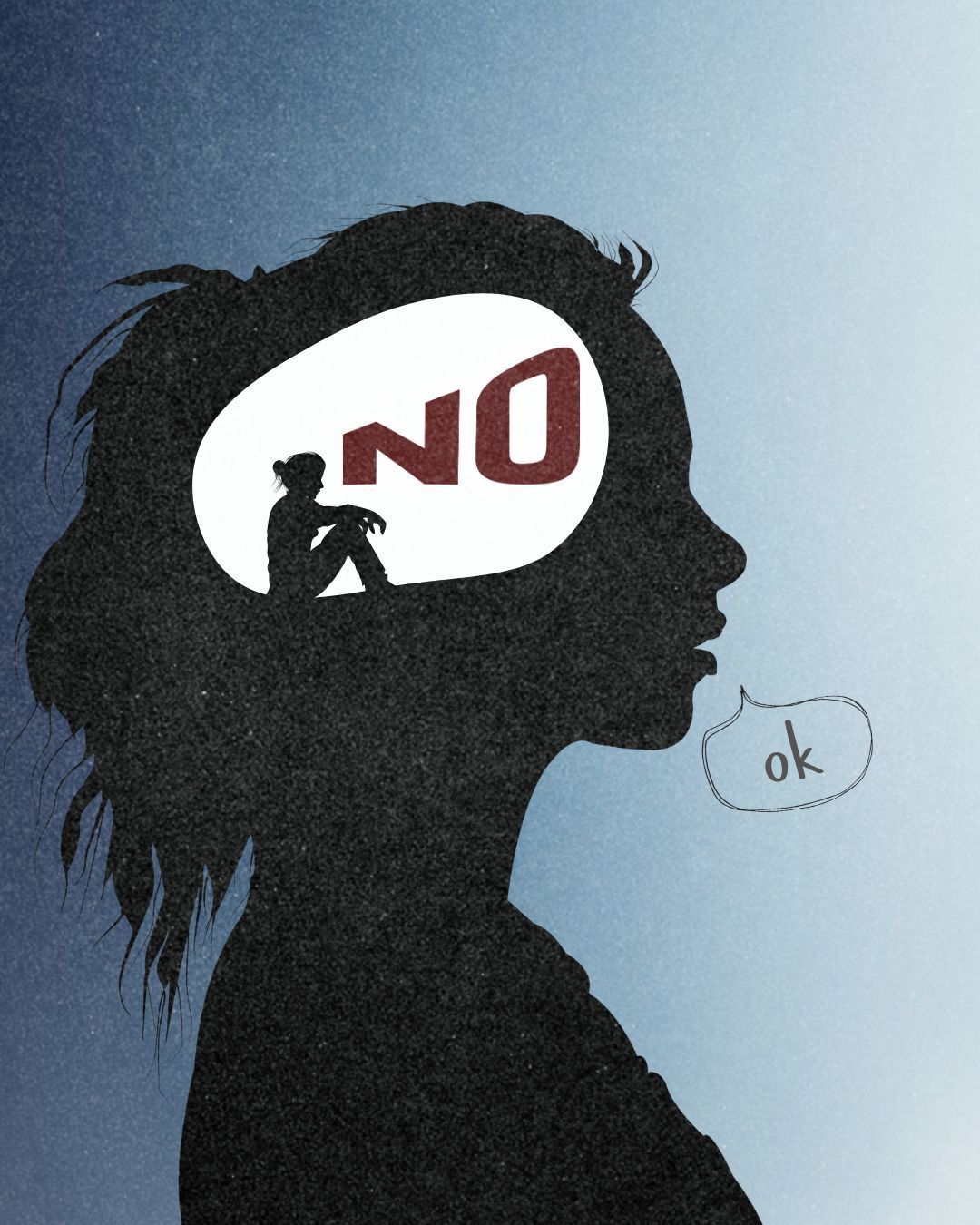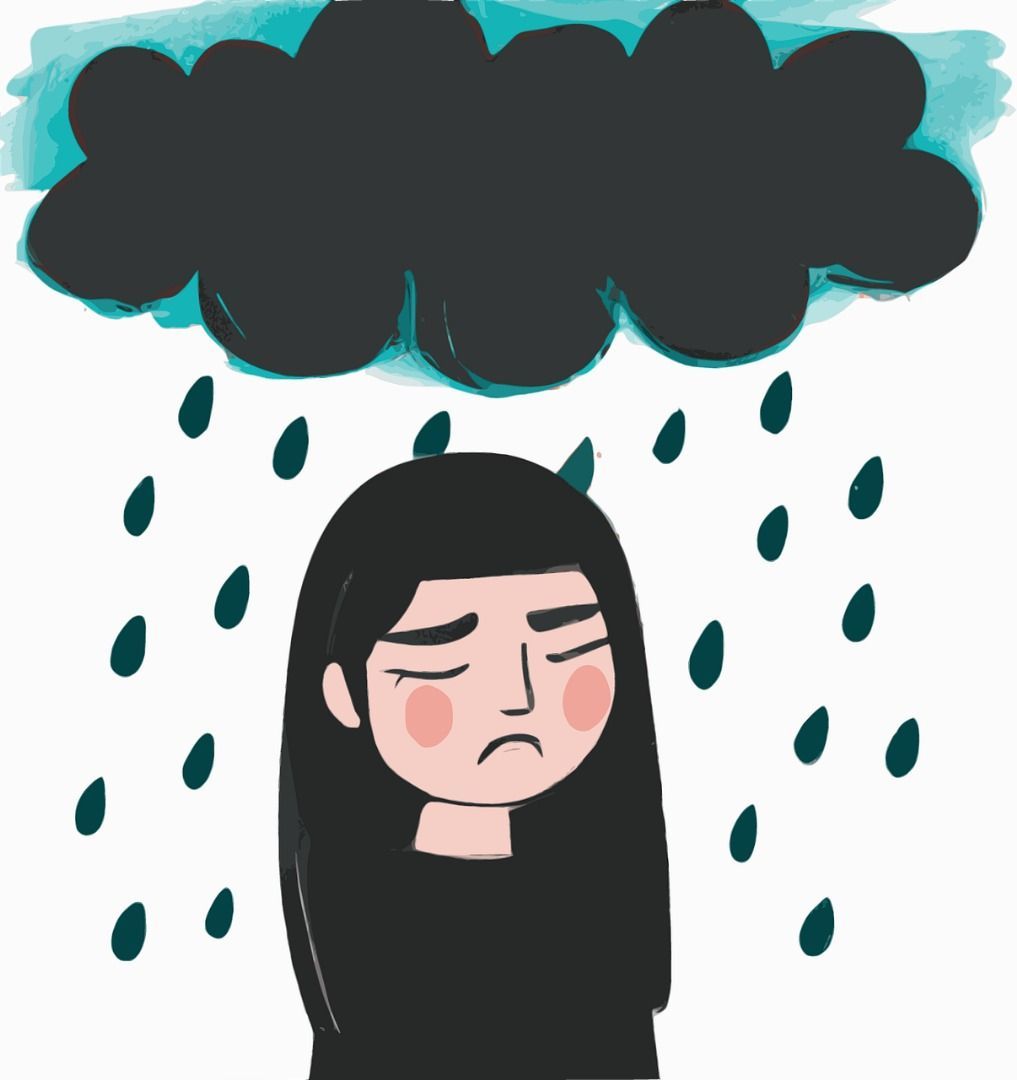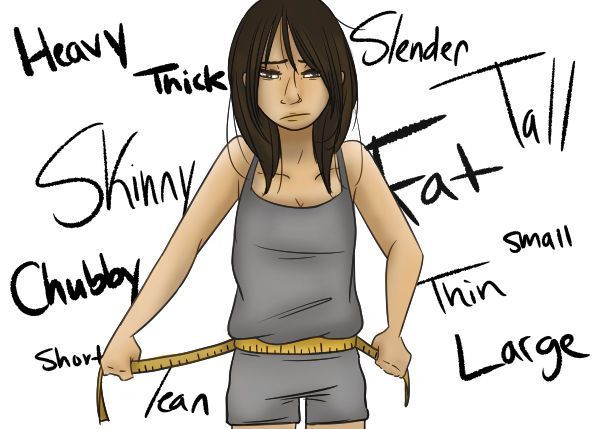How To Support A Friend Who Is Going Through Depression
These days, although the importance of mental health awareness is increasing by the year, the topic of depression still holds such stigma in our society. The stigma makes it even more difficult for you to find out ways to help someone you know who seems to be going through a challenging time to cope. If you want to be there for a friend who is showing concerning symptoms of depression but you don’t know where and how to start: Good news is, you are already a great friend for having the intention to be there for your friend. Second good news is, you are going to learn to be a better friend through this journey of supporting your friend. If you are wondering what you can do for your friend through their depression, here are some essentials that you can take note of.. However, as you go through the article, remember that you can’t pour from an empty cup, so take care of yourself too in order to support your friend to your best ability.
First of all, what do we know about depression? The term ‘depressed’ has been casually and interchangeably used in our era with the feeling of ‘sadness’. So how do we differentiate between the two and what are the signs that you, as a friend, can pick up on and recognize as depression.
Sadness is a human emotion that everyone can feel and experience at certain times throughout their lives. It is a natural reaction to situations that provoke emotional distress which ranges with intensity, duration, and frequency. Just like other human emotions, sadness comes and goes, it is transient which gradually fades with time. This is one in many ways that makes sadness different to depression.
Depression, on the other hand, a longer-term mental illness that disrupts social, occupational and other areas of functioning. Symptoms of depression may include constant feelings of sadness, irritability, fatigue, changes in sleeping or eating patterns, difficulty concentrating, loss of interest for things which used to be pleasurable, feelings of deep and unwarranted guilt, and physical symptoms that do not have a specific cause. Unlike sadness, depression is pervasive in which it may be hard to find pleasure and enjoyment in anything, including activities that they used to previously enjoy. Therefore, depression is not an emotion, it is a mental illness on its own that requires intensive psychological support.
What can you do to help:
●Learn about depression
○The first step to help a friend with depression is to educate yourself and be more well-informed on what depression is and the experiences of having it. By having a basic knowledge of depression, it will allow you to understand your friend’s personal experiences and keep you from saying well-intended but hurtful things.
Symptoms such as feelings of hopelessness and helplessness can be too much to bear for some people with depression which could lead to the possibility of suicide. If this is disclosed by your friend, especially with evidence that they have a plan, take it seriously and encourage them to see a professional immediately. In this case, be on the lookout for warning signs such as talk of suicide, statements implying they don’t care about anything, giving away their stuff, making a will or funeral arrangements, purchase of weaponry, sudden and unexplained calmness after a period of depression.
● Provide warm and compassionate companionship
○Listening ear
■Listening to your friend may appear to be the easiest thing to do but the hardest to follow through. It is also the most powerful tool in allowing your friend to know that you are there for them. This is an important component of supporting them through recovery. Allow your friend to decide, at their own pace and readiness, when they want to talk about their feelings. Avoid pressuring your friend into sharing but let them know that you are there to listen when they are ready. Once they have reached out, be attentive as you listen to your friend. It will be constructive to reflect to your friend on what he/she has just shared with you during the conversation to indicate that you are paying attention. Continue with statements such as “I see” and “Go on” to encourage them to continue talking. Additionally, you can also use comforting words and statements such as the examples provided below:
●“You are not alone in this. I’m here for you.”
●“You may not believe it now, but the way you’re feeling will change.”
●“I may not be able to understand exactly how you feel, but I care about you and want to help.”
●“When you want to give up, tell yourself you will hold on for just one more day, hour, minute—whatever you can manage.”
●“You are important to me. Your life is important to me.”
●“Tell me what I can do now to help you.”
●
Connect them to reach out for
support
○ One of the things that might help your friend is to offer to look up for professional services for them so they can see the number of options and decide which would be suitable for them. Depression at times can cause one to feel overwhelmed to take the first step in seeking help. Feelings of guilt and shame may prevent them from taking the first step. Therefore, it would be helpful to offer to look up professional services together to ease that difficulty in initiating the first step. Additionally, it would be useful to help your friend make a list of questions to clarify and ask the psychologist before the appointment which can help prepare their mindset going into the session.
○ After the appointment is set, it would be helpful to continue the support to help them in complying with therapy. This can be as simple as checking in about how their therapy sessions have been going. You can ask them about the goals they have been working on/ what they wish to continue working on/how therapy has been helping them. It is not uncommon for someone experiencing depression to want to end therapy shortly after because they either feel “cured” or that therapy isn’t working. Encourage them to continue with the therapy process or to express their concerns to their therapist.
● Patience and avoid a tough-love approach.
As your friend is struggling to make sense of her struggles, your patience to stay with them will let them know that they are not alone despite the difficulties that accompany the journey from symptom onset to recovery. When your friend recognizes that she/he is not alone through it, the feeling of hope may arise which can be a turning point in recovery.
Tough love approach, which could come across as dismissive and aggressive might push your friend further into isolation and distress. It is a common misconception for individuals to believe that being tough on their friend could motivate them to “snap out of depression” and get better. However, the outcome is as similar as ignoring and pushing away those with physical and medical illness. Examples of unhelpful statements and words are as follows:
a. Unhelpful words
i.“I’ve gone through way worse and I turned out fine.”
ii.“It’s all in your head”
iii.“We all go through times like this.”
iv.“Look on the bright side.”
v.“You have so much to live for, why do you want to die?”
vi.“I can’t do anything about your situation.”
vii.“Just snap out of it.”
viii.“What’s wrong with you?”
ix.“Shouldn’t you be better by now?”
● Keep in touch and stay connected
Unfortunately for those with depression, they can often feel an overwhelming amount of guilt and burden even when other people try to do small things for them because they worry about burdening others. This is often seen in those with low-self esteem where they feel that their presence in social settings is not valued and therefore, unimportant. Thus, it is beneficial for you to initiate an effort to extend an invitation to these individuals to help stimulate their interest in social interaction. By reaching out to them, it also gives an impression that you care and want them around. In times that they resist to go out, don’t force them but gently encourage the pros of joining. Your friend needs to feel that they want to attend and should not feel apologetic or judged if they are not ready to attend the social gathering.
● Take care of yourself
One of the most important aspects of caring for someone who is struggling with depression is the natural tendency to neglect own needs. Personal needs involve setting own boundaries, being compassionate towards self and exercising self-care. In order to sustain your support, care and love towards your friend, it is crucial to be aware of your limits around difficult emotions and situations, and ensure to know when to recharge to avoid emotional burn-out. Setting personal boundaries does not mean that you are neglecting your friend but it’s to ensure that you will be able to provide meaningful support throughout your friend’s recovery to your best ability. During this time, it would be crucial to ensure that your friend is not alone and has tapped into his/her social resources as a way to expand her reception towards social support.
Sometimes supporting someone with depression can feel like you are walking on eggshells because you are not sure what to say or do that is best for your friend. There will be questions of self-doubt but remember that the most important aspect of support is just being there for your friend through his/her tough times which is a meaningful steppingstone towards their growth and recovery.












